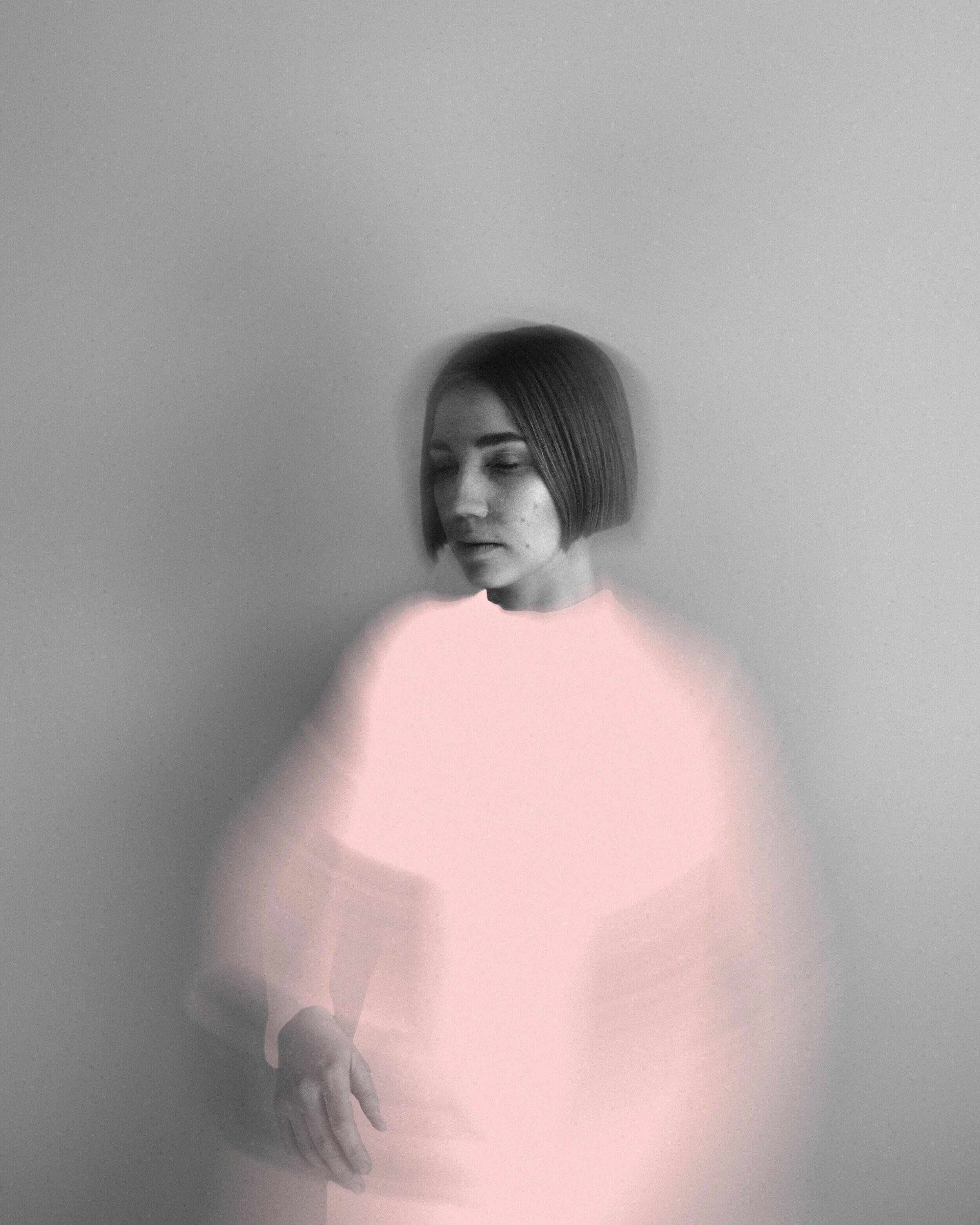The Work of Change
I remember sitting in my grandmothers living room in my early twenties. She was a reserved woman most of the time, brought up not to express too many opinions and to do right by others. But occasionally she would let you in. For some reason, that day, we talked about getting older, and how she felt now, being in her 80s. ‘The strange thing is,” she said, “I still feel like I’m 18.” At the time, I remember being kind of shocked, saddened, that somehow the passage of time had left little mark on her, that somehow she didn’t have an 80-year-old brain too.
There is a lot that we physically take for granted in modern life. The fact that so many of us can expect to live well past our 50s is just one of them. If we are lucky enough, many of us may also get the opportunity to take our physical health and robustness for granted throughout our twenties and thirties too. I was lucky to be one of those. But after turning 40, and having just had a second child, that changed. Not only did my body not look the same, it didn’t behave the same.
I’m not sure when it happened, but I found myself at 43 standing in front of the mirror in a department store dressing room and I didn’t really recognise what I was looking at.
Granted, you could say that was just a purely vain, self-conscious episode. So what? You could just move on, accept it. But what I realised was that there was now a fundamental disconnect starting to happen between my body and the person still in my mind. And if there was a challenge for me in at this mid-life point, it was to actively reconcile the two. I needed these diametric forces to start working together, or at least make peace with one another, for no other reason than I wouldn’t feel I was being pulled apart between them.
I think a great deal of unshared, secret harm and shame is experienced by women trying to square these changes in their mid-life. All against the backdrop of a world that denies them that respect and dignity. It is a conflict we are set up for, but not responsible for making. We have all grown up with the term anti-ageing without really questioning it, which in its essence is like some kind of hate campaign against women wrapped in a pink bow of positivity. And while we are all trying desperately not to age, we are then moved on to anti-ageing’s more passive-aggressive cousin, ‘ageing gracefully’ – a completely disempowering, simpering idea that needs to be burned to the ground so that no other generation has to ever even hear it, let alone live it. The idea of ageing gracefully is quite simply just nonsense.
Yet it remains this great internal dialogue and stressor for women in their midlife. So how do we manage it in a way that feels good? Psychotherapist Julia Samuel, herself confronted with feelings of ageing she’d never before experienced by becoming a grandmother at 47, talks about doing “the work of change”. This is such an important concept for women in midlife.
A great deal of this time is about that work, preparing for the coming phases, for more physical change, personal change, and sometimes facing the discomfort it brings.
Samuel writes eloquently about our difficult relationship with shifting sands, it causes anxiety and in turn pain which then can shut down our joy. And perhaps that’s what I felt most acutely in that dressing room, the shutting down of joy. For my part, my work of change was to get my body and mind somehow back on the same page. Or close to it. What I didn’t realise was that it would take about a year to get into a good, or at least a better, place. It would take finding some kind of exercise that worked for me, but also addressing my doggedly negative thinking. Because even when I did have that 25-year-old body, I used to trash talk that too. It was as much a mental shift, to feel stronger and healthier, backed up by a much more appreciative, positive mind.
For some people it’s a mirror, for others it’s a life event, but in this, still deeply youth-skewed society we’ve got to find a way to navigate getting older with some kind of engagement that works, something that combines depth and appreciation for how far our bodies have brought us and all that they have done, and truly celebrate how far we have left to run.
Jessie Collins, July 2020.
What has your experience been?
Get the conversation going in the comment section below…
join the conversation
share and comment below, we’d love to hear your thoughts…
















